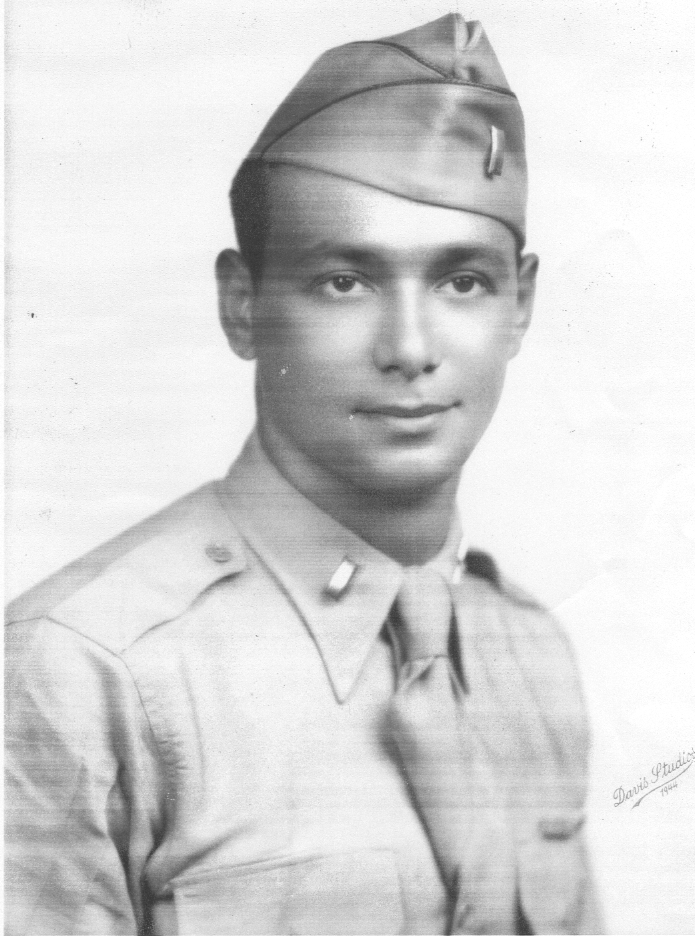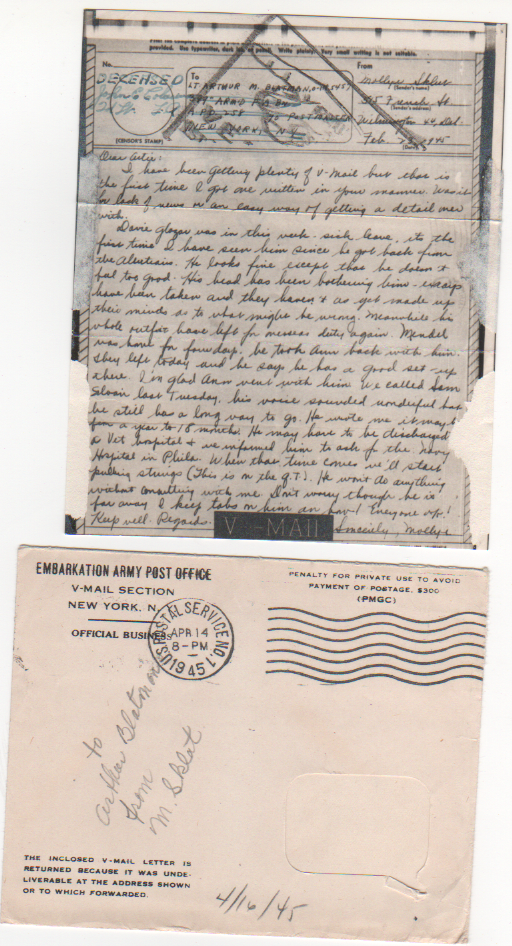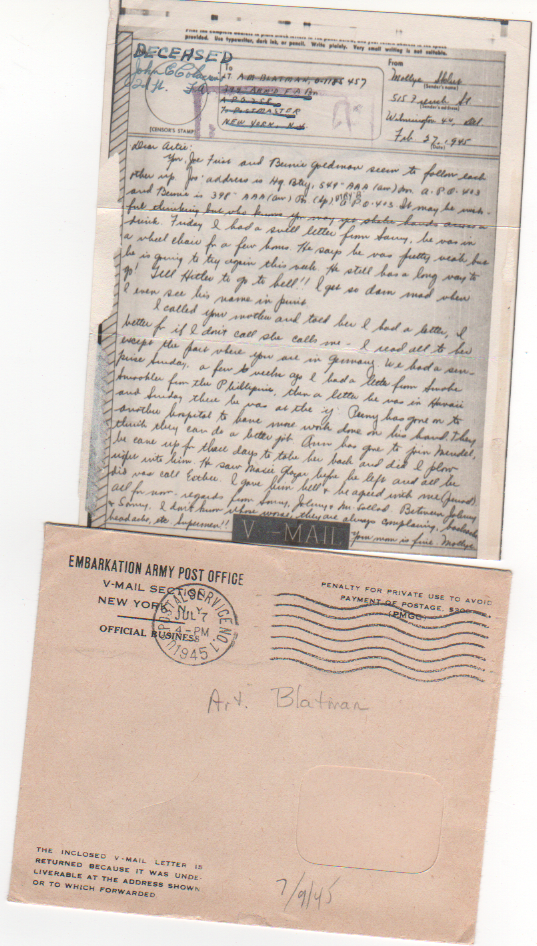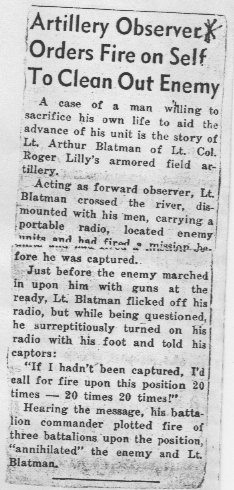
Jewish Family Campus Dedicated With Celebration
By PAULA BERENGUT
After more than eight years of planning and hoping and as a result of the dedication and support of many members of the Delaware community, the Jewish Family Campus became a reality on Sunday, June 5.
“Today is an historic occasion and it will be an important milestone in the history of our Jewish community … a day that will be honored by future generations as the moment when a new facility — this beautiful Campus — was given life.” With these words, Bernard Siegel opened the dedication ceremonies for the Campus.
Martin Mand described the history of the Campus, from the acquisition of the land through the planning stages to the reality that it has become. He made particular note of the fundraising efforts, without which the Campus, he said, would not exist. He singled out the efforts of Irving and Doris Morris, calling the Campus “a direct result of their leadership.”
He also made mention of the significant financing that has been provided by the foundations who contributed to the project. Besides members of the Jewish community who joined in the dedication of the facilities which will be theirs to use for many years to come, the ceremonies were attended by Jewish and non-Jewish community leaders and representatives of the businesses, institutions and foundations which, through their financial contributions, were instrumental in funding the Campus project.
Mand noted that he has “used many of the community’s buildings and facilities provided by the foresight, hard work and financial generosity of the many who were here before me. I do not know who these people are but I thank them. I have the satisfaction of knowing that in a small way I have played a part in leaving for future generations, most of whom I will not know, this wonderful Family Campus to enjoy for many years to come. This is, in a way, life’s process. Receive from those who precede us, build upon it, and leave for those who follow us a better community.”
“This facility will become the catalyst for taking the Center and the community into the twenty-first century,” said Judy Levy, immediate past President of the JCC. “It will be the place where all of us can come to be together.”
Levy credited Irving Kauffman, Executive Director of the JCC, with “nurturing the dream of the Campus since 1974 . . . His research, his visitations to other Centers . . . have created the vision that has now been brought to life.” Noting that Kauffman will retire in July, Levy added that “He was, as presidents and volunteers come and go, the steady hand that helped guide us to this day.
This Campus is a tribute to his years of leadership and counseling. To retire with this as a mark of achievement is glorious.”
The construction crews had cleared out, the sun shone, the breeze blew, and over 400 people gathered at the Jewish Community Center to formally dedicate the new facility. Although there was the pure and simple excitement in the air (created by the blue and white balloons and the pro months around the new pool with friends) there was also an unmistakable sense of awe in the same air — awe in the fact that this long held dream of a family campus has finally become a reality.
This campus is the result of “a collective effort on the part of many people over the past eight years,” said Doris Morris, who, together with her husband, Irving, chaired the Campus Capital Campaign, the fundraising campaign that brought the dream of the Family Campus to life. The Morrises have been involved in the planning for this facility since its conception.
As children flew kites, families strolled along the paths that wander in and out of the wooded areas of the Campus and others took advantage of the tennis and basketball courts, Mrs. Morris said, “There is space here for young and old, for people who exercise and those who contemplate, for the swimmer and for the sunbather, for music, art and games. You name it, and we can program for it. Now we must bring this beautiful Campus to life with our activities.”
Irving Morris added that the Campus is “a great community accomplishment … with the Federation leading the way, joined by the Center and its leadership. We found a great community response, not only in the Jewish community but as well among the non-Jewish foundations.” Morris added, “It is a beginning of the use of this facility and it is only through our seizure of this opportunity that we will be able to realize the dream.”
Martin Lubaroff, Chairperson of the Campus Development Committee, who has been responsible for overseeing the building of the Campus, said “The facility that we have constructed carries with it a challenge. And what I would like to do is leave you with that challenge. Having built the facility it is now incumbent upon us to USE the facility in a way which is consistent with what the JCC is all about.”
Lubaroff also thanked Richart Stat, with whom he worked very closely during the construction project.
“We as a community are fortunate indeed to be able to participate in the creation of the Jewish Family Campus. This facility is a unique opportunity,” commented Stephen Hermann, President of the Jewish Federation of Delaware. “Unique,” he explained, “because for the first time since the building of the JCC the community has been called upon to contribute to an addition to its capital facilities, and unique because we have dedicated a truly first class instrument for sports, education and entertainment. Led by Irv and Doris Morris, Marty Lubaroff, Judy Levy and Irv Kauffman, the challenge of construction has been met. Now it is up to us to fully use this special resource.”
Both Rabbi Kenneth Cohen, upon affixing the mezuzah to the doorpost of the Campus’ administration building, and Rabbi Leonard Gewirtz, in his Benediction, expressed the hope that the Jewish Family Campus would be a peaceful place and a “place of life.”
Rabbi Peter Grumbacher, in his invocation at the beginning of the ceremonies, summed up the sentiments of those whose effort turned the Campus into what it has become. “We have joined as one on this beautiful day to dedicate these facilities. May this Campus be a place upon which happy hearts and happy faces find enjoyment… May that which stirred our leaders to build for us, be a part of the inspiration of those who will use this campus, that they, too, will remember all their responsibilities for those who will come after them.”
The dedication celebration was begun on Saturday evening, June 4, with a party that included tours of the new facility, entertainment, dancing and hors d’oeuvres. There was also a leadership brunch held on Sunday morning before the formal dedication began. At the brunch, Rabbi Irving Greenberg, the keynote speaker for the dedication, spoke of the importance of facilities such as the new Campus in Jewish life. “We are all Jews by choice,” he noted, explaining that for the first time since the destruction of the second Temple, we don’t have to be Jews because of what society has impinged upon us. Because of our open society and the assimilation that is taking place within it, it is up to the Jewish leadership, the rabbi cautioned, to help Jews understand why they are Jews and to help them remain Jews.
Rabbi Greenberg’s Dedicatory Address ‘Triumph Of Life’
By PAULA BERENGUT
In selecting a speaker for the dedication of the Jewish Family Campus, Irving Morris noted as introduction, that “we could have chosen someone who would have joined in the praise of our accomplishments.” But, he added, were we to make such decisions based on the need to be praised, our structures would be in danger of becoming “only sterile symbols of our society without the learning and leadership and cohesiveness that should be the hallmark of a vibrant Jewish society.” For this reason, Rabbi Irving Greenberg was chosen, because he is “one of the leading thinkers in Jewish life today.”
Greenberg began his speech, which was entitled “From Death To Life,” by establishing what he called “a fundamental message of Judaism … in a way, the most incredible message of all.” This, he explained, is a claim that we are living in a world in which we will live to see the triumph of life. Notwithstanding all the evil and suffering in the world, all of these, he said, will be overcome by humanity.
This concept, which Greenberg noted is central not only to Judaism but to Christianity and Islam as well, may seem absurd, considering the incredible amount of suffering in the world. But, the rabbi says, this is not impossible, “if you observe certain ground rules.” There must exist a partnership consisting of the Divine and the Human — a covenant — and once this partnership exists, can the evil be overcome.
The first ground rule, he says, is that “there are no magic wands” and that we have the responsibility (while recognizing certain human limits) and we are accountable. The second ground rule, is that this “will not be accomplished by some mega-structure that we dwarf humans” but only by individual human beings.
Each of us is accountable for his own life as well as the world in which we live. The “infinite value of every human being,” once understood and accepted, Is the basis upon which we can, according to Greenberg, overcome evil and suffering and transform the world.
How do you transform the world? Begin with your own family, he suggested. Jews are not responsible for Jews alone, but “we have to start somewhere.” We must train I ourselves in the concept, said I Greenberg. He used the example of Anatoly Scharansky’s release to freedom as an il lustration of human beings being trained that their time should be devoted to helping, by reminding the audience of the thousands of people around the globe who joined in the effort to free the refusenik.
Finally, he said, achieve the dream one generation at a time. “Start with one promised land and eventually the whole world will be a Garden of Eden.” The bottom line is that we must do as much as we can do in our lifetimes and then pass it on. “One step at a time you will transform the world.”
Greenberg cautioned the audience to allow for diversity. “People are unique.” What you are, he said, is not a burden but, rather, a calling. Don’t help people because they are male like you, or female like you. Don’t help them because they are the same religion as you are.” We must, he said, respect this diversity within the human race. Each group, each religion, each person should “show a proud model of what their calling can be.” Once we can do this, he notes, we will achieve a perfect world and as a result of the diversity, this perfect world will be a “tapestry or a symphony.”
Greenberg went on to point out the paradox of the twentieth century, a century of unprecedented power and technology. The same power and technology which has been used to feed and provide shelter for unparalleled numbers of people has also been used, according to Greenberg, to perpetrate the greatest destruction of life in the history of humanity. Power, he cautioned, can either liberate or become the source of evil. The use of power is the “litmus test of a community’s ability to accept diversity.”
“So which will it be?,” Greenberg asks, “Will this be the century of the transformation and fulfillment of the dream or the breakdown of community and the growth of the selfishness?”
Greenberg closed on an optimistic note, saying that Judaism teaches that life will triumph. The new Jewish Family Campus and its commitment to family and community symbolizes that triumph.
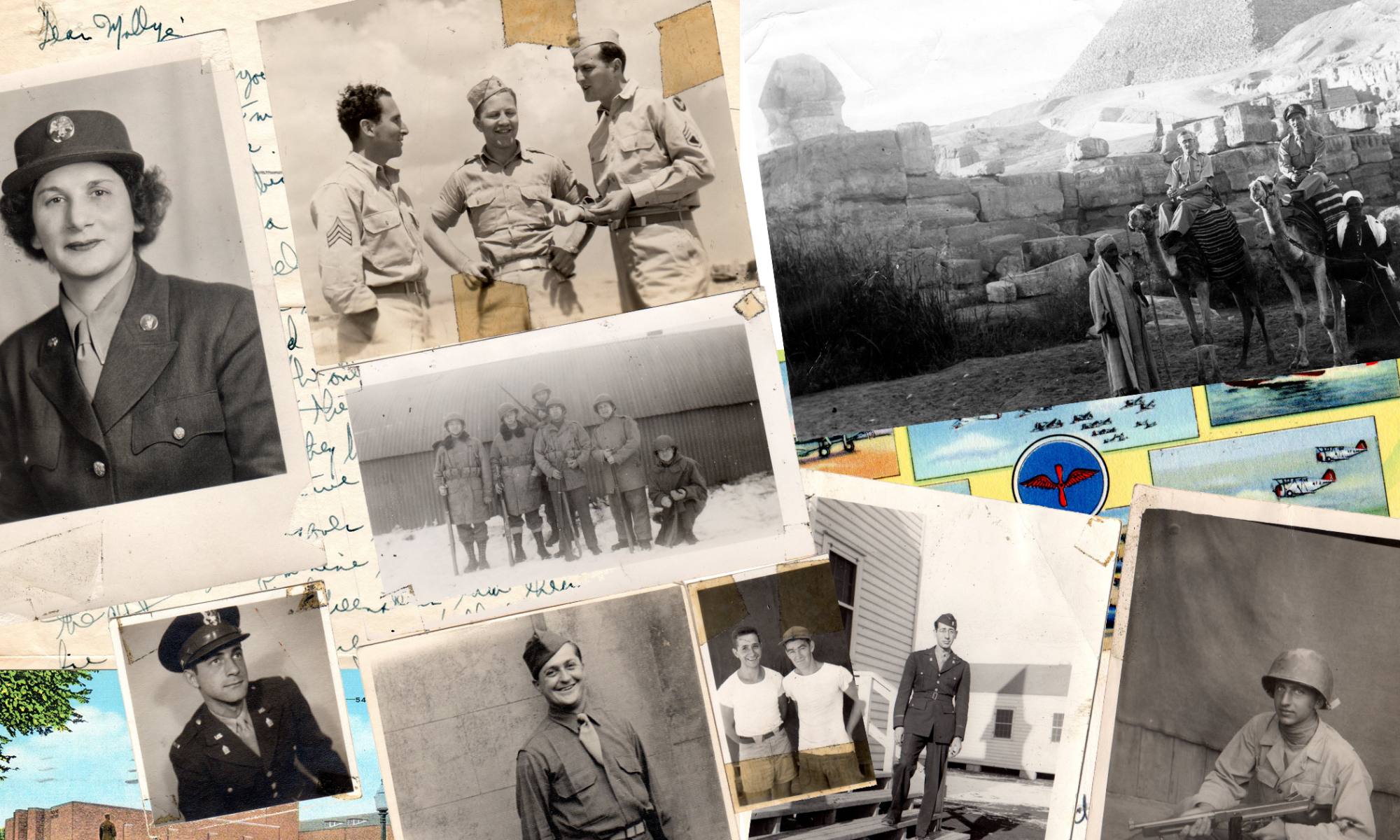




 Please Join Us For
Please Join Us For
